
Complete Guide to Asakusa Tourist Spots | From Kaminarimon to Hidden Gems: Top 10 Selections Part 2
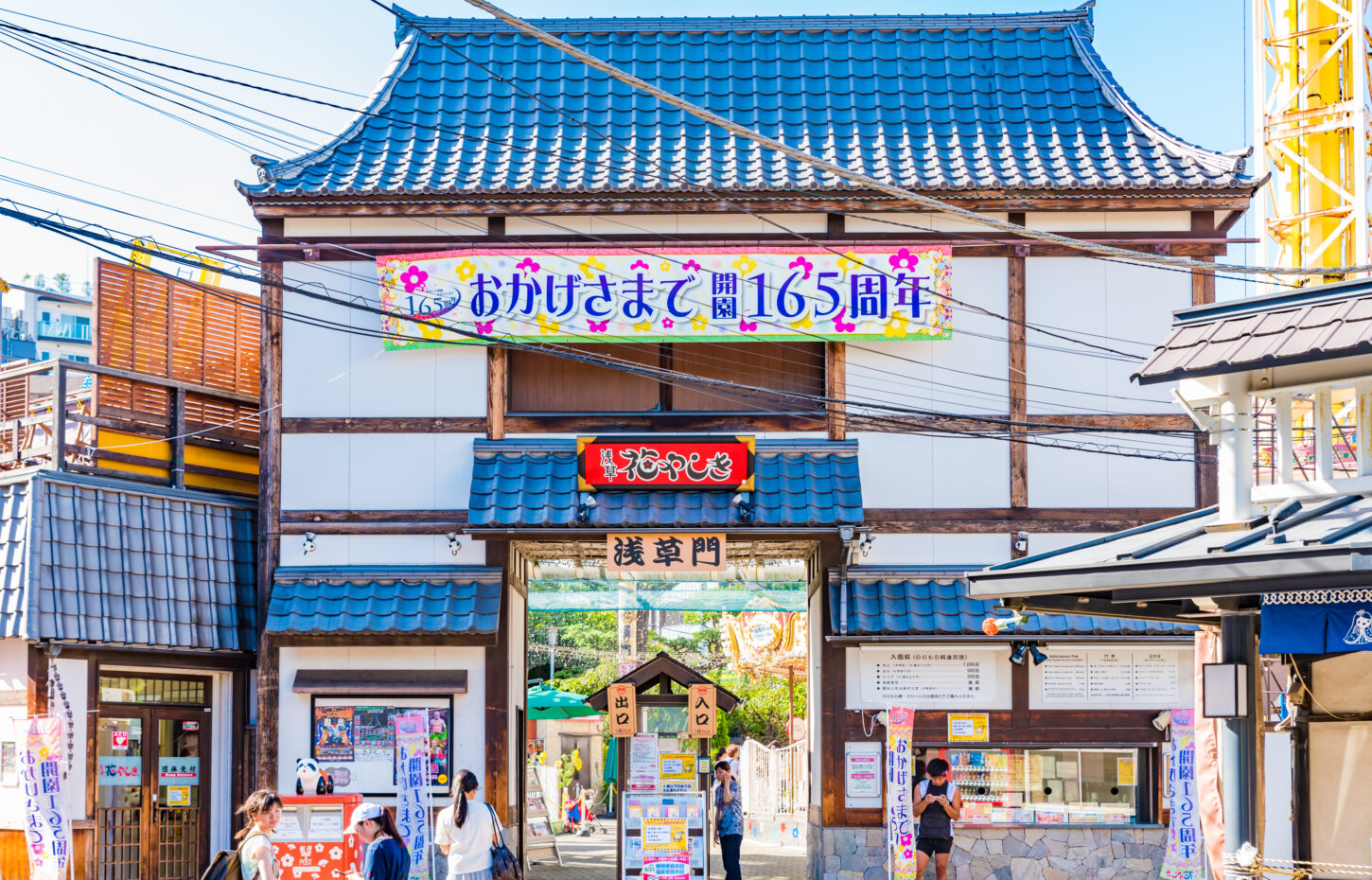
4. Lesser-Known Spots in Asakusa
4.1 Praying for Romantic Ties at Imado Shrine
Located in the northeastern part of Asakusa along the Sumida River, Imado Shrine is known as a “power spot for romantic ties” and offers a tranquil environment where you can relax. It is also famous as the birthplace of Imado pottery and is associated with the legend of the beckoning cat, with various sizes of beckoning cats placed around the shrine.
Although it attracts many young people and couples hoping for love and good matches, as well as tourists, it is not as crowded as Sensoji Temple or Kaminarimon, allowing for a peaceful worship experience. The “Matchmaking Beckoning Cat Charm” is particularly popular as a limited item and perfect as a souvenir of your visit.
4.2 Enjoy the Sumida River and Skytree from Sumida Park
Sumida Park, stretching along the Sumida River, is famous for its cherry blossoms in spring, but it is also a beloved spot for relaxation among locals throughout the year. From between the trees, you can see the Tokyo Skytree, and the scenery of water buses and houseboats on the river adds a traditional touch.
It’s a bit away from the bustling tourist areas, making it ideal for morning walks or afternoon picnics. The park is equipped with pavilions and benches, making it perfect for those who want to spend some leisurely time. There is also a promenade that leads to the Sumida River Terrace, recommended for a riverside stroll.
4.3 Spectacular View from the Asakusa Culture Tourist Information Center
Located directly in front of Kaminarimon, the Asakusa Culture Tourist Information Center is not only a tourist information office but also a viewing spot offering a panoramic view of Asakusa. The top floor, the 8th floor, has a free observation deck, directly facing the main hall and pagoda of Sensoji Temple, with Tokyo Skytree visible in the distance.
The observation area is equipped with tables and chairs, allowing you to quietly enjoy the typical Asakusa scenery on a clear day with a coffee in hand.
The center also houses multilingual tourist materials and video displays, as well as a local introduction corner, making it an accessible facility for first-time visitors to Asakusa.
4.4 Nostalgic Amusement Park Vibes at Hanayashiki
Founded in 1853, “Asakusa Hanayashiki” is known as Japan’s oldest amusement park and retains a Showa-era retro atmosphere. Recently re-gaining attention among young people, the park offers nostalgic rides and unique experiences for adults as well.
The park features Japan’s oldest roller coaster, a haunted house, and a merry-go-round, among other attractions, with a handmade feel that adds to the extraordinary atmosphere. Seasonal events also take place, changing themes throughout the year, and are popular among local children and families.
It’s one of the few places in busy Asakusa where you can spend some local, nostalgic time. Even just entering the park is enjoyable, making it recommended for those who want a hidden gem-like experience during their trip.
4.5 Comparison Table of Hidden Gems
| Spot Name | Features | Recommended Time | Nearby Facilities & Access |
|---|---|---|---|
| Imado Shrine | Shrine for romantic ties, popular as the birthplace of the beckoning cat | Morning to mid-morning | About 15 minutes walk from Asakusa Station, along the Sumida River |
| Sumida Park | Riverside relaxation spot, offers seasonal views | Morning to evening | 5 minutes walk from Asakusa Station, near the water bus stop |
| Asakusa Culture Tourist Information Center | Popular for its panoramic terrace, well-equipped tourist information | Morning to evening | Right in front of Kaminarimon, next to the subway exit |
| Hanayashiki | Showa-era amusement park, recommended for families and couples | Noon to evening | Behind Sensoji Temple, 3 minutes walk |
5. Seasonal Events and Recommended Times to Visit
5.1 Spring: Sumida River Cherry Blossoms and Sakura Festival
Spring in Asakusa is the most popular season, bustling with tourists. Especially the approximately 1,000 cherry trees lining the Sumida River offer a spectacular view, and the “Sumida Park Sakura Festival” is held to coincide with the cherry blossoms’ blooming. During the festival, food stalls line up, and the cherry blossoms are lit up at night, creating a magical atmosphere.
For cherry blossom viewing, the area from “Azumabashi” to “Kototoibashi” along the river is recommended. The water bus, which allows you to enjoy the cherry blossoms combined with a sightseeing cruise, is also very popular. The contrast of the cherry blossoms reflected on the water surface and the distant Tokyo Skytree is a unique springtime scene.
5.2 Summer: Sumida River Fireworks Festival
The “Sumida River Fireworks Festival,” held on a Saturday in late July each year, is a summer tradition representing Asakusa. Said to be Japan’s oldest fireworks festival, it takes place at two sites, launching over 20,000 fireworks in total.
Amid the crowd of people in yukata, viewing from places with good views such as the grounds of Sensoji Temple and Sumida Park is recommended. Especially capturing the performance of Skytree and fireworks together is popular among photography enthusiasts. However, due to the extreme crowd, securing a spot requires arriving very early, so using public transportation and allowing plenty of time is advisable.
5.3 Autumn: Asakusa Samba Carnival
Held annually from late August to early September, the “Asakusa Samba Carnival” has established itself as one of Tokyo’s most energetic events. During this event, samba teams from all over Japan parade through the streets of Asakusa with rhythms and costumes just like those in Brazil.
The main venue on Umamichi Street and Kaminarimon Street is set up with large viewing areas, enveloping you in a carnival atmosphere reminiscent of South America. It’s a unique event where you can experience the energetic dance and music while enjoying the cultural fusion unique to Asakusa.
5.4 Winter: Hagoita Market and New Year’s Bustle
In winter, Asakusa hosts the traditional “Hagoita Market (End of Year Market)” at Sensoji Temple. Held annually from December 17 to 19, the market features colorful and elaborately designed hagoita (battledore paddles) and bustles with people preparing for the New Year.
With the arrival of the New Year, Sensoji Temple quickly becomes one of the most popular spots for the first shrine visit of the year. During the first three days of the new year, it is crowded with visitors from both Japan and abroad, but the experience of New Year’s prayers, sweet sake in the cold air, and the festive stalls in the temple grounds are also part of the charm of visiting Asakusa in winter.
| Season | Main Events | Highlights | Recommended Spots |
|---|---|---|---|
| Spring | Sumida Park Sakura Festival | Cherry blossoms lit up, festival stalls | Sumida Park, Azumabashi, Kototoibashi |
| Summer | Sumida River Fireworks Festival | About 20,000 fireworks, yukata attire | Sumida Park, Sensoji Temple, around Skytree |
| Autumn | Asakusa Samba Carnival | Authentic dance and costumes | Umamichi Street, Kaminarimon Street |
| Winter | Hagoita Market & New Year’s Visits | New Year’s decorations, New Year’s Eve bell | Sensoji Temple grounds, Nakamise Street |
Asakusa shows a different face in each season. Each event is deeply embedded in the life and culture of the town, offering new discoveries with each visit. These events serve as a guide to choosing the best time to visit, enhancing the appeal of touring Asakusa.
About Miyakodori
Since its establishment in 1950, Miyakodori has consistently provided authentic Geisha entertainment.
It is the only place in Asakusa where a former Geisha with over 55 years of experience is the proprietress.
Experience the real Geisha culture at Miyakodori.
https://miyakodori-geisha.com/

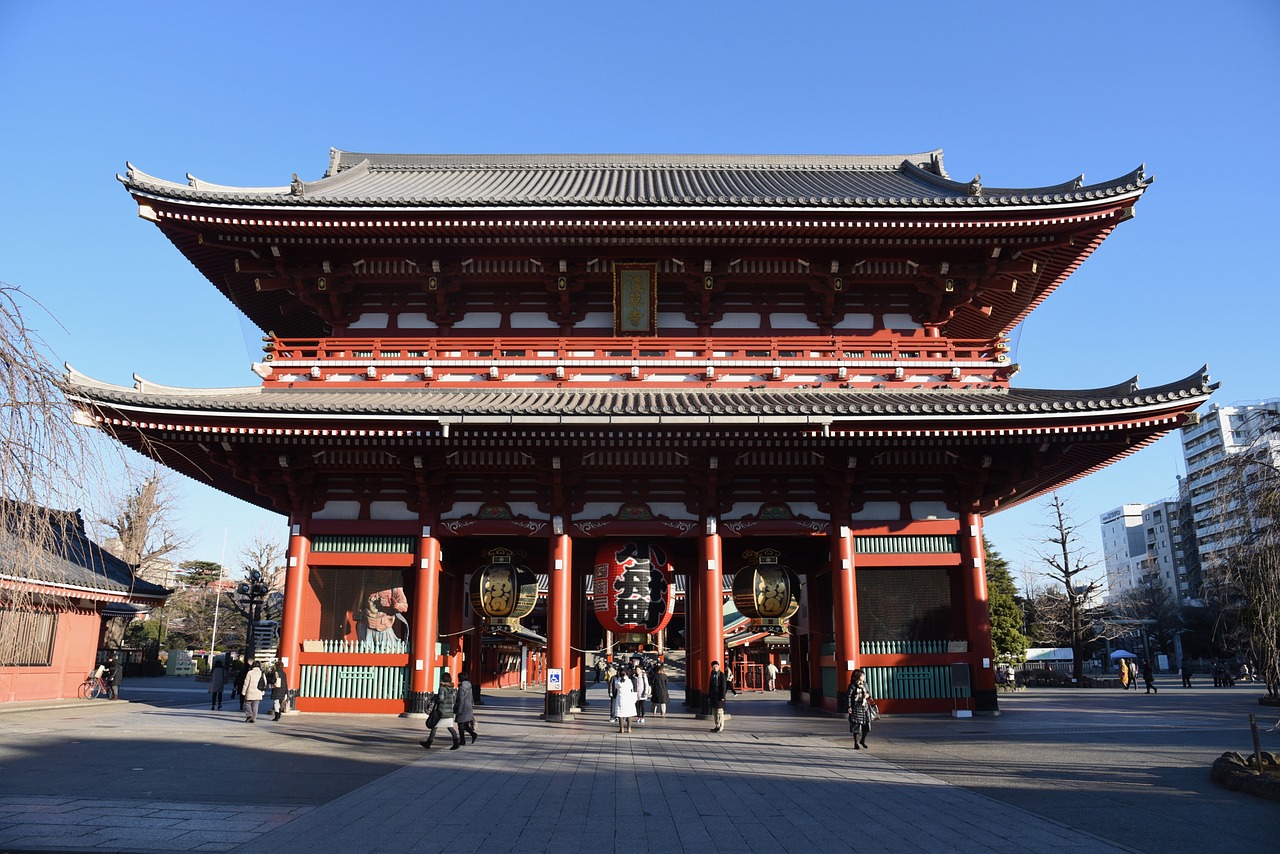
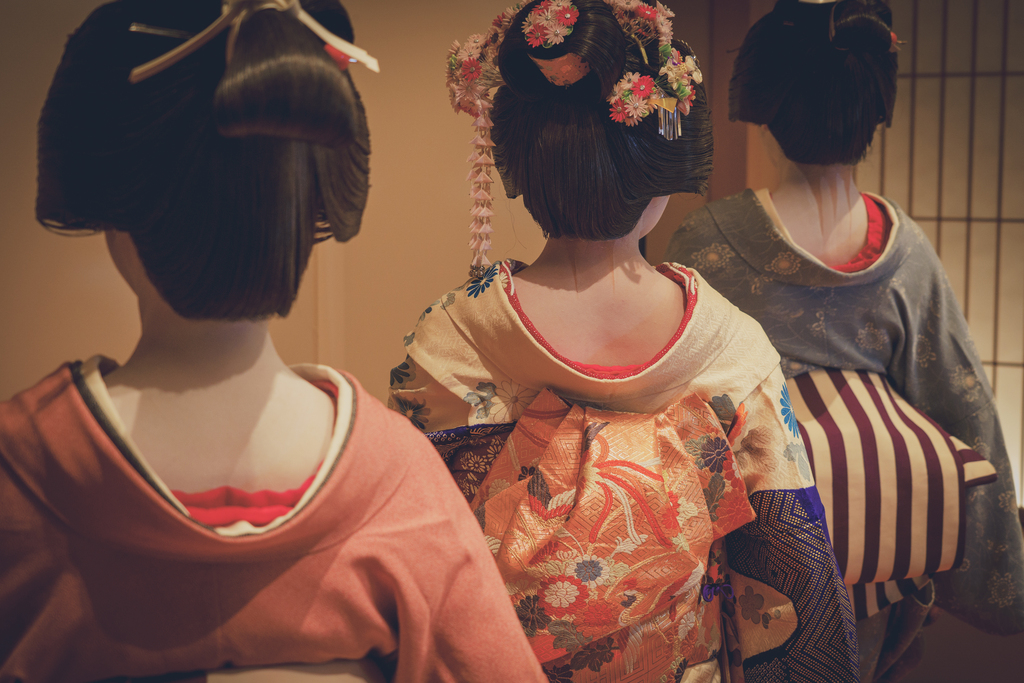

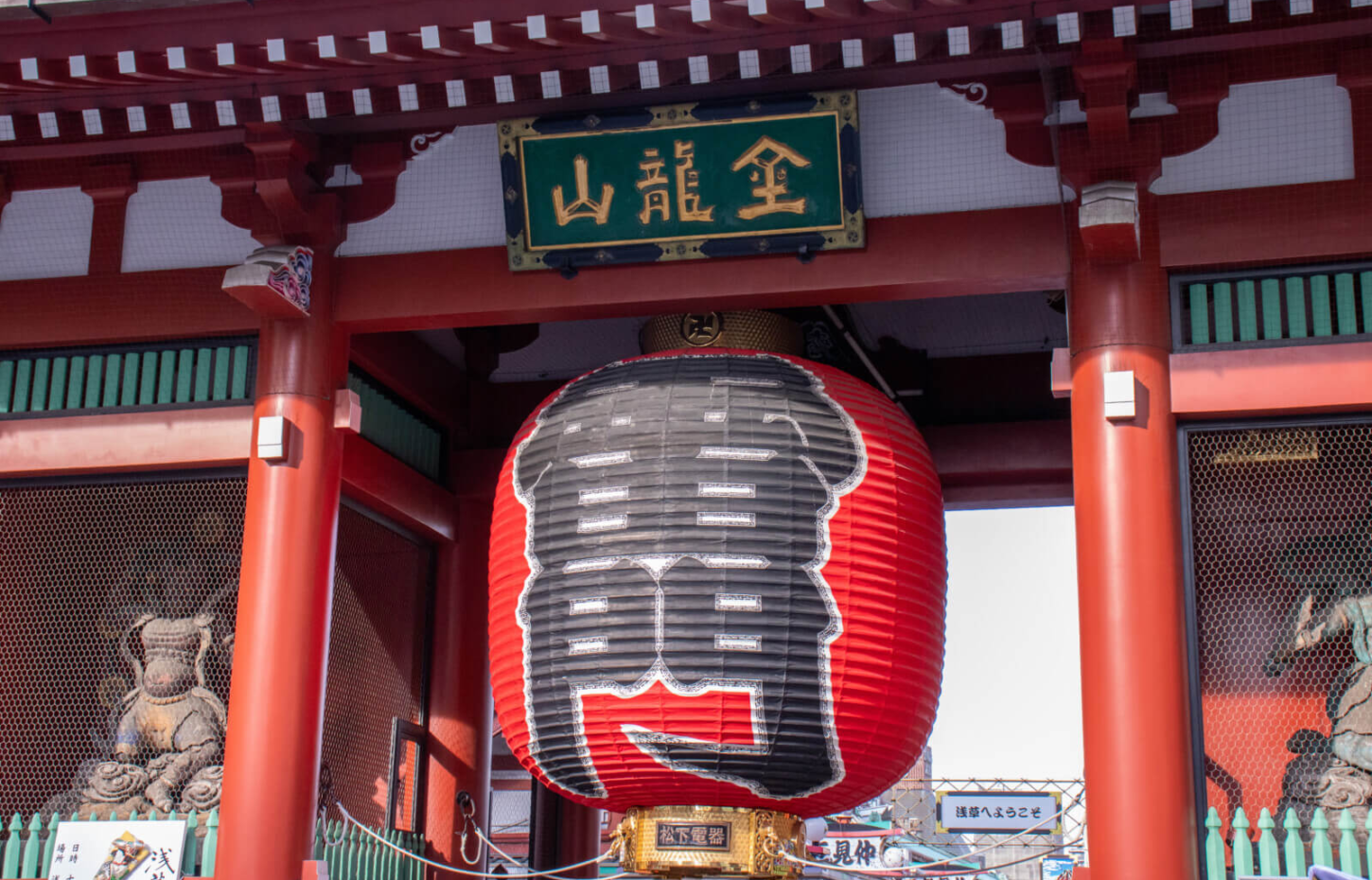



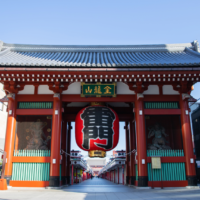
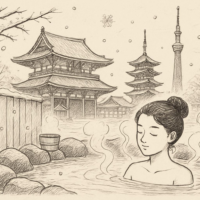
No comments yet.